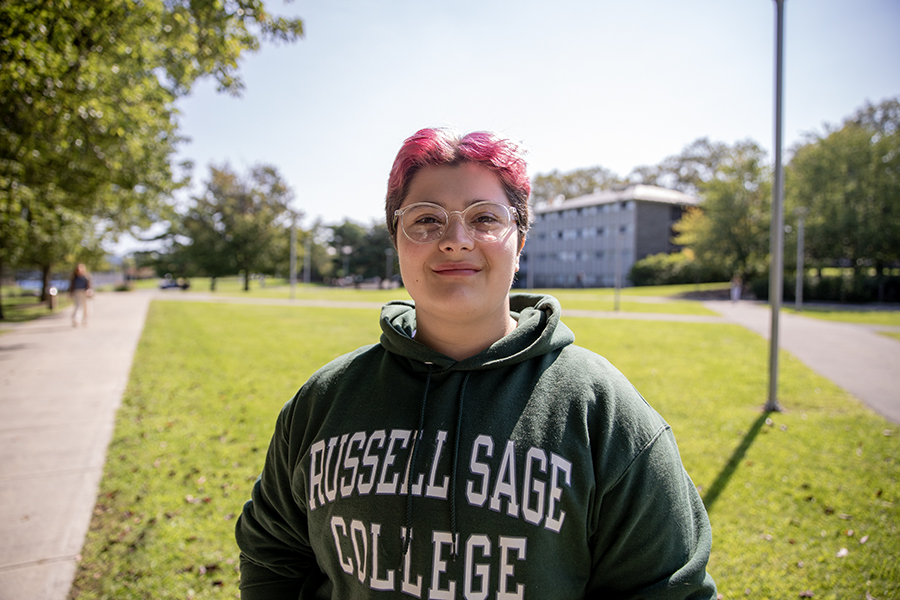Accommodating students who are at different academic and intellectual levels within the confines of a single classroom is one of the biggest challenges that teachers face. How do you teach from a single curriculum while still accommodating all, or at least most, of your students? One way to cope with this problem is to have sections of the school day where students are divided up into different classrooms based on their academic capability. This seems like a great solution. Students are able to receive more direct instruction on the topics they don’t understand and can be adequately challenged if they exceed the average academic level of their peers. There’s one small problem: splitting up into smaller groups has the ability to create unhealthy ideas and relationships with schoolwork for young students.
When I was in third grade, I was put into an accelerated program that met a couple of times a week and was intended to provide a challenging academic supplement for students who were already excelling within the classroom. In this program, we read Shakespeare’s plays and wrote essays. Most of the time, I found this part of the school day to be fun. I was always very excited to learn as a child, so this seemed like another way to do that. However, I also remember feeling an incredible amount of pressure because of it.
This had something to do with the environment in the classroom. We were writing and analyzing all the time. Because the class was just a select few students who were all ahead, it became an incredibly competitive environment. I never cared much for the competition between students, as this was never the part of learning that really mattered to me. However, when I saw students around me working harder than I was, I began to feel like I was falling behind. This class felt like a constant race toward a goal I wasn’t sure existed and more importantly, the race never stopped.
I went to middle school with most of the same kids that had been in elementary with me. This meant that when students began to be divided into different class levels, I saw many of the same faces in my classes. I would worry if I wasn’t in all of the same “advanced” classes as the “smart kids.” Here, it is important to take a moment to dwell on this phrase. I was lumped in with the “smart kids” from a young age. Not only did we take notice that we were being put into different classes, but so did our peers who weren’t in those groups. Each time I was in a class or among my peers and I would voice my struggle with something, I would be brushed off because I was “one of the smart kids.” This meant people often asked me for help with their work, which I really didn’t mind. What was negatively affecting me was how everyone would blow off my concerns and struggles because I was “smart.” I felt like I wasn’t allowed to struggle with my schoolwork.
It is already easy to see how this would be damaging to a young student. It all came to a head for me when I began showing signs of ADHD. I was unable to read, I could not complete my assignments on time, and I was never paying attention in class. When my parents and I reached out to teachers for help, my teachers all said they saw nothing wrong with my performance as a student. Despite my everyday struggles in class, no one was noticing. Being grouped into the “smart kids” had made everyone around me oblivious to the problems I might be facing. Even worse, it destroyed the way I viewed myself. Instead of understanding that I was dealing with something outside of my control — ADHD — I began to think that I was lazy and just a terrible student. If I was so “smart,” why was everything so hard?
Having this experience at 12 years old showed me that “smart” really doesn’t mean much. Maybe you are good at turning in assignments, maybe you are a great writer, maybe math just makes sense to you. Your strengths are things to be proud of, but they do not define you. It matters so much more who you are as a person and the effort you put into growing and learning. I know many of my peers did not understand this by the time we went to high school and some still do not understand it. These ideas about being “smart” can lead students to cycles of self-loathing and depression, as it did for me. Though it is important to give students the opportunity to excel, dividing them up at such a young age creates an unhealthy view of their own success that can affect a student for the rest of their academic career.
PENCILS DOWN is a column written by first-year film, photography and visual art major Gabe Hendershot that discusses education. Contact him at [email protected].




